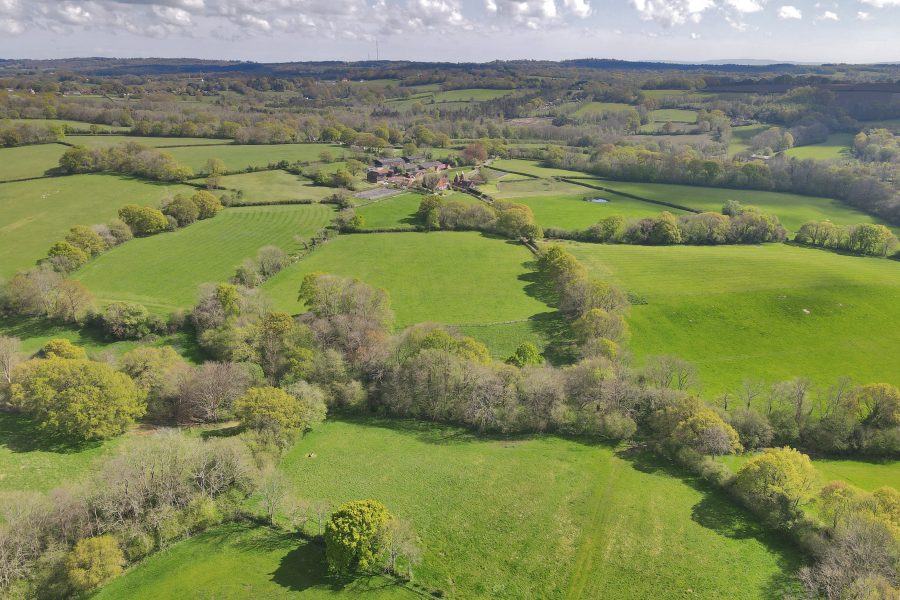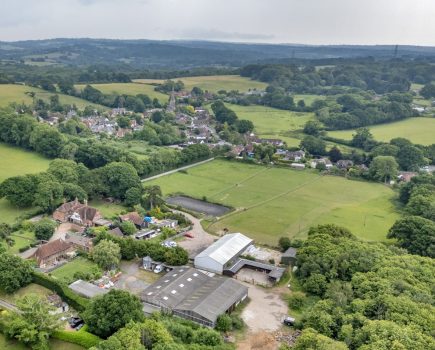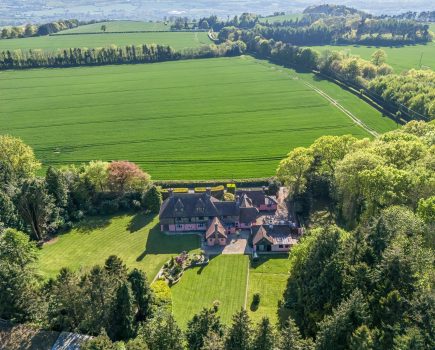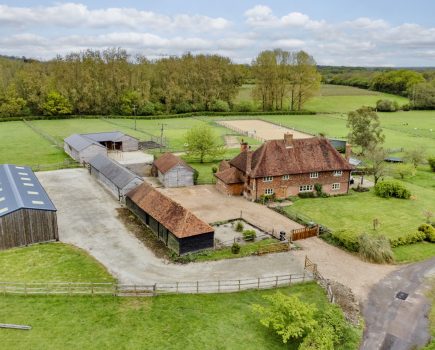There remains strong demand for farmland across the South East of England – with robust levels of activity, says Hannah Riches of Savills South East rural agency team.
Selling a farm, however, is often a once-in-a-lifetime decision and it’s understandable that some people might be a little nervous about taking the plunge.
And while there are always a number of ‘uncontrollables’ when it comes to a sale, there are also several steps that sellers can take to ensure they’re in the strongest possible position:
- Many farm sales are won or lost by first impressions, so it pays to do the basics. Ensure buildings are clean and tidy, verges and hedgerows are cut as permitted, fencing is repaired and gates properly hung.
- Continue farming as though you were staying. Sow arable crops as normal; you can be compensated later or add a holdover clause to the sale agreement to allow you to continue your occupation until harvest is completed.
- If your property has issues with rights of way, private water supplies or local developments, be open from the start. Buyers are less likely to lose confidence if they’re aware of everything upfront.
- The importance of gathering paperwork early should not be underestimated. Ensuring legal and compliance matters are addressed with your full team of professional advisors (typically a solicitor, accountant and land agent) will highlight any potential stumbling blocks, helping to avoid a price reduction further down the line, or a buyer walking away.
- Depending on your holding, useful documents could include: five years of cropping and yield records, soil testing, support payments, planning history and drainage improvement records. Certificates awarded for performance, conservation or other noteworthy achievements are also worth finding.
- Find out who is likely to buy your farm and the best way to reach them. Points to discuss with potential agents include whether or not they have sufficient market knowledge and the local, national and even international reach to ensure your farm is seen by all prospective buyers. What is the most effective marketing and pricing strategy? Should the land be lotted to suit different types of buyers? Should it be publicly advertised to create strong competition or placed privately?
Essentially, what could be done is an endless list. Instead, look at what should be done to ensure your property reaches the widest audience, makes an immediate impression and allows a sale to proceed as smoothly as possible.
For more information, contact Savills rural agents in the South East by ringing Hannah Riches on 07967 555724 or Chris Spofforth on 07812 965379







